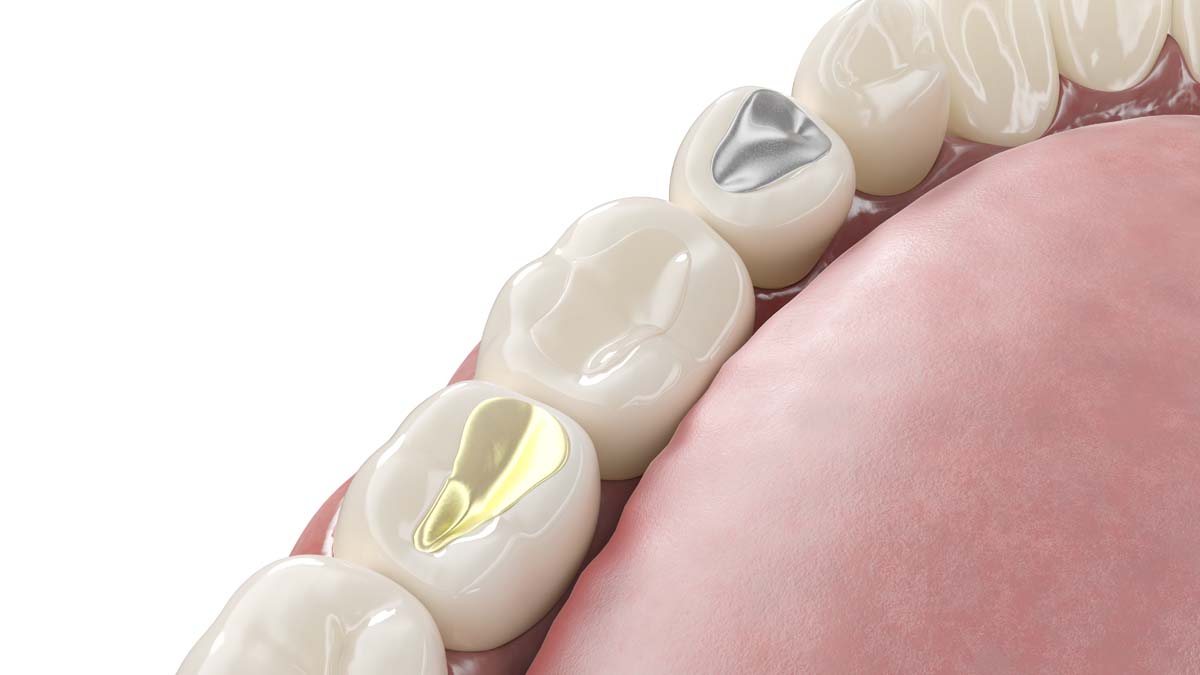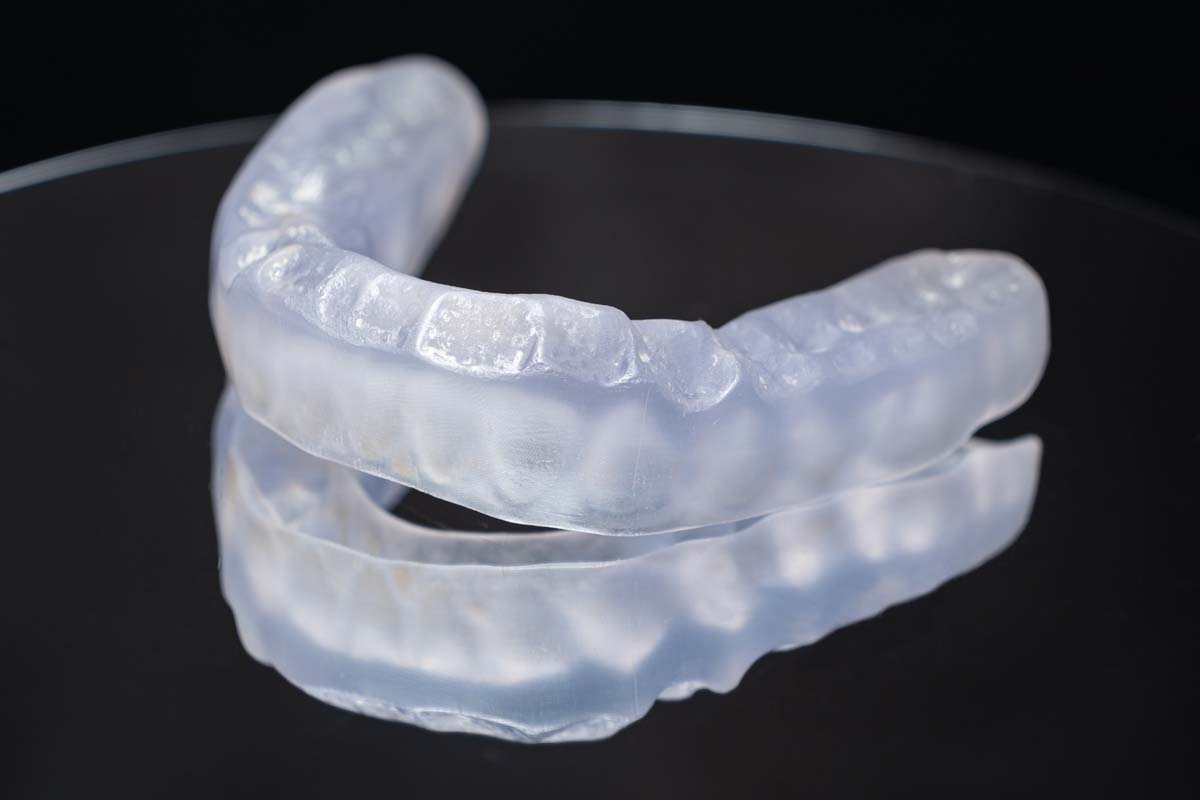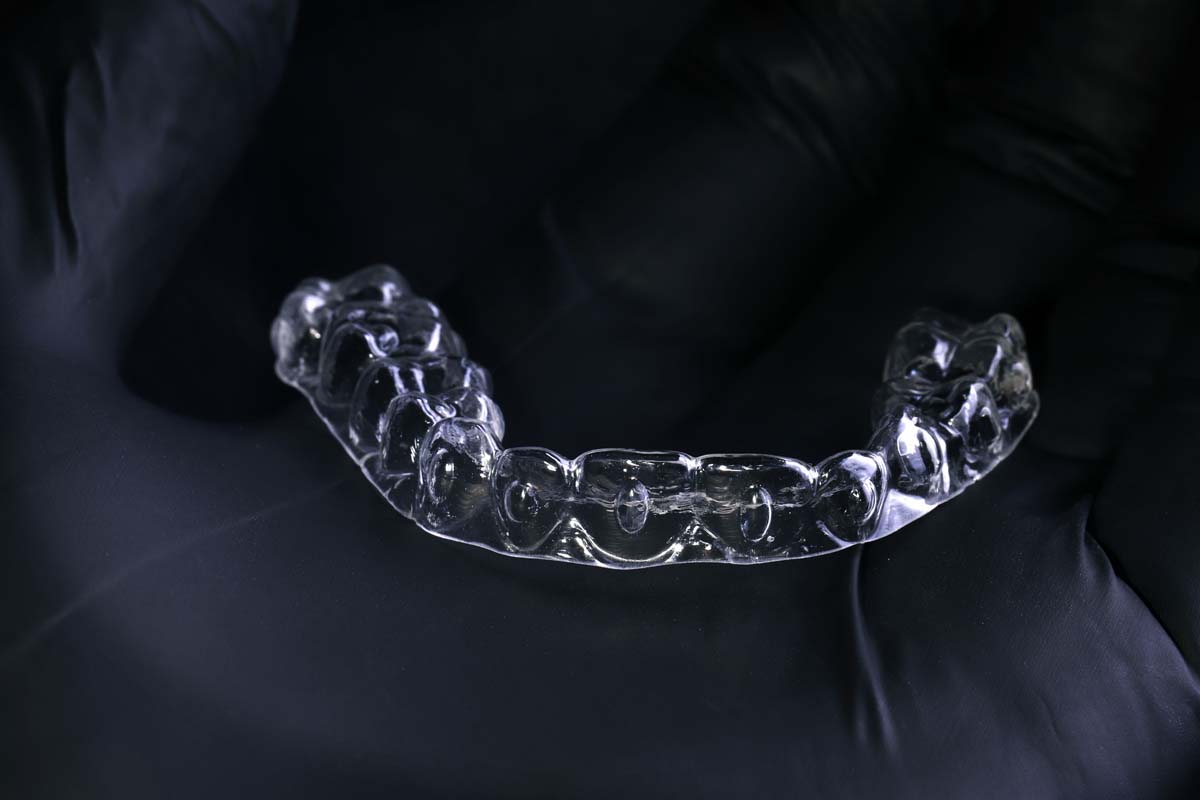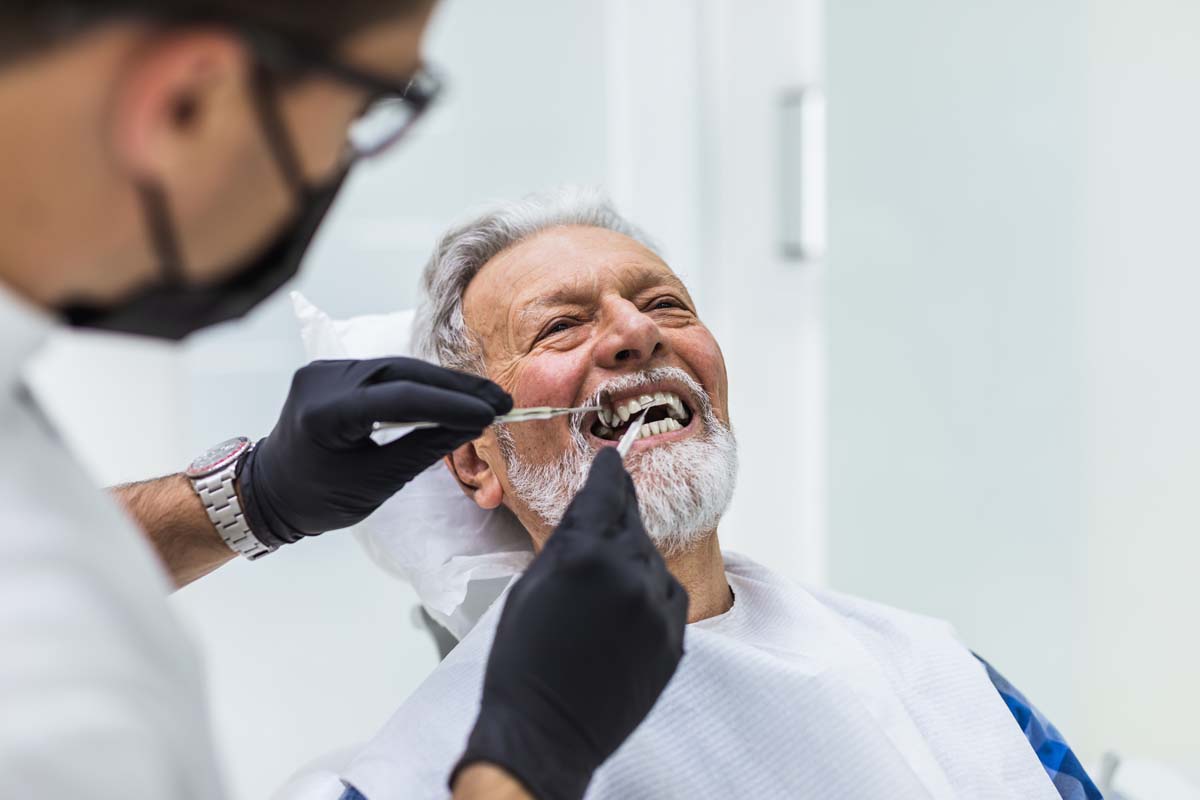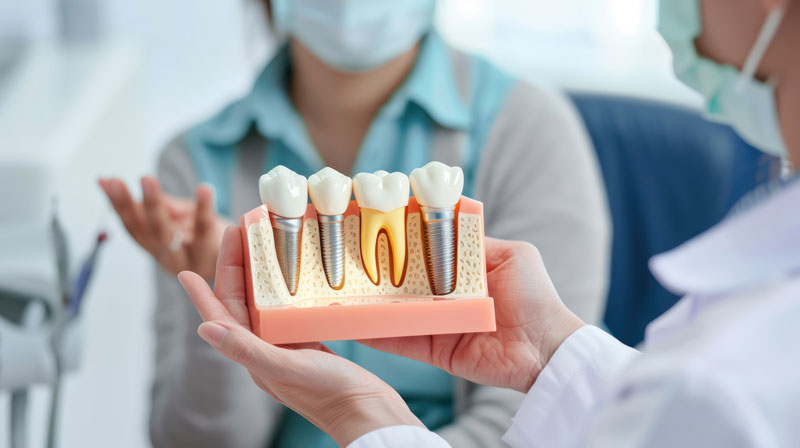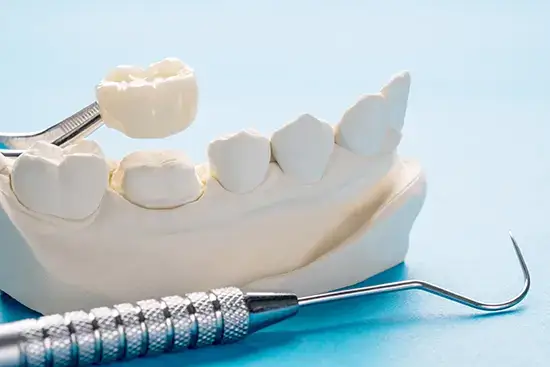
When to Consider a Dental Crown
A dental crown, sometimes referred to as a cap, is a long-term, semi-permanent dental prosthetic that restores the form, function, and aesthetic beauty of a natural tooth, helping to maintain oral health, confidence, and quality of life. It has a hollow design, which allows it to completely cover or cap the portion of the tooth […]



